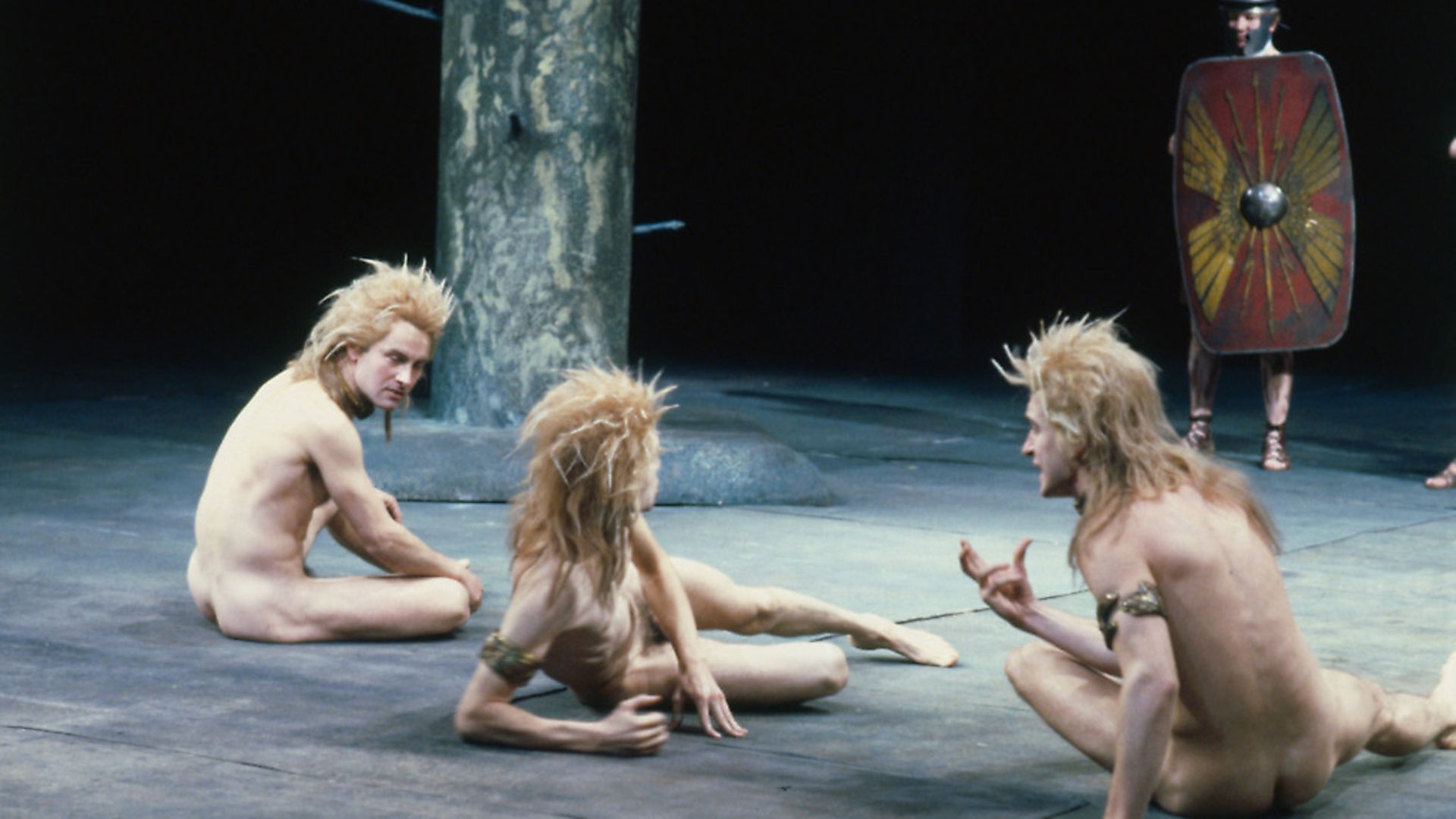
British drama used to operate outside the constricting template of its American cousin. But does it still?
If you are not a refugee, or coming for work or marriage, there are times when an immigrant must ask the question why their new nation was chosen. What made you really want to settle, become a citizen, risk living amongst strangers, risk being a stranger?
I asked myself that question as I read a list of the best American plays of the past season and saw a list of the best American plays of all time. Their plots can all be boiled down to three elements: plays about the self and the search for the self; plays about the nation; plays about the family.
The ‘best of all time’ list features, in no special order: Eugene O’Neill’s Long Day’s Journey Into Night, the tragic story of a family and a boy in search of himself; Arthur Miller’s Death Of A Salesman, about a family and a man lost in his own vision; Miller’s The Crucible, which showed the Salem witch trials as a metaphor for 1950s McCarthy era; Tennessee Williams’ A Streetcar Named Desire, the story of a woman lost in her own fantasy world, who crashes into her sister’s family and an encounter with her brother-in-law; the same playwright’s The Glass Menagerie, about a family’s struggles in the midst of shattered dreams; Lorraine Hansberry’s A Raisin In The Sun, in which a family attempts to make a new life amidst political and personal turmoil; Edward Albee’s Who’s Afraid Of Virginia Woolf?, about a broken marriage and a new marriage in mortal combat over drinks in the home of a university professor; and Thornton Wilder’s Our Town, the story of an average town and its ups and downs in the 1930s.
And the new cannon: For Colored Girls Who Have Considered Suicide / When the Rainbow Is Enuf, by Ntozake Shange, which is about the search for self and its affirmation; David Mamet’s American Buffalo, about the quest for meaning amidst the detritus of a junk shop, where redemption is embodied in a rare coin; Tony Kushner’s Angels In America, the exploration of a group of friends and family in the midst of the Aids epidemic; and Lin-Manuel Miranda’s Hamilton, an American-correction story. And this list goes on and on.
In the early 1980s, when I was toiling in the ‘play development’ department of Joseph Papp’s Public Theatre, in New York – with a young Kevin Spacey in the basement copying scripts and sending them upstairs to us – American theatre, no matter how daring, had a template. Every playwright knew this, whether she or he admitted it or not. The template was: America, or the family, or the self. The great plays combined all three.
Even the ground-breaking work that made its way through the Public Theatre play development department – Larry Kramer’s The Normal Heart – had, at its centre, the three elements at the core of US theatre: friendships and family and country.
The essence of America is personal, soul-searching, small in its dimensions, in that the story emanates from within, or returns within. Often both.
The explosion of British theatre, of British playwriting and directing, in New York City in the early to mid 1980s was profound. Because it was essentially not about any of those things.
We could make neither head nor tail of Caryl Churchill’s Top Girls. You could feel what it meant; understand what it meant. But what was it? How did it fit into the story of the search for self that all of us had been trained to write, to create? There was none of that in this play. It blew open everything that the theatre seemed to be and took the audience somewhere else: to that strange terrain: out of oneself.
The plays of Harold Pinter were like mini atom bombs; blowing apart the way that life itself looked, who existed, who did not. David Hare, Howard Brenton, the work of the Black Theatre Co-operative, the Theatre of Black Women, all of this British work – from every nation and region of the UK – presented an opportunity to move away from the template. Become something else.
British theatre was not warm and cosy, or even intelligible. It was rigorous; non-conformist; anti-entertainment values; genuinely challenging. I took a play over to the Edinburgh Festival in the summer of 1985 about three black women imagining what it would be like if Desdemona in Othello had been black. It was set in a boxing ring and was not a play about us.
Two very different plays in the upcoming London season, and which will undoubtedly be hits, are described as ‘an unemployed trucker cares for his disabled wife’, and a work about a Catholic girl finding herself.
Has British theatre become too American? Has it become a place of safety, of warmth, of comprehension, where all can leave relieved and reassured, rather than leave the theatre to face the world as it is?
The British theatre was more, to my mind, European. Not a comfort zone; not something that made you think about your everyday life; not a place of entertainment or sympathy or empathy.
British theatre was a strange place, another world, the thing that frightened you, not reassured you. It was the opposite of television. It was what you knew: but unlike television, it was the thing that you could not face.
This is not a condemnation, but a lament. A sense of loss for a theatre in the language I spoke. But was alien and strange, not afraid to be unliked and unloved. Another world.
Warning: Illegal string offset 'link_id' in /mnt/storage/stage/www/wp-includes/bookmark.php on line 357
Notice: Trying to get property 'link_id' of non-object in /mnt/storage/stage/www/wp-includes/bookmark.php on line 37







